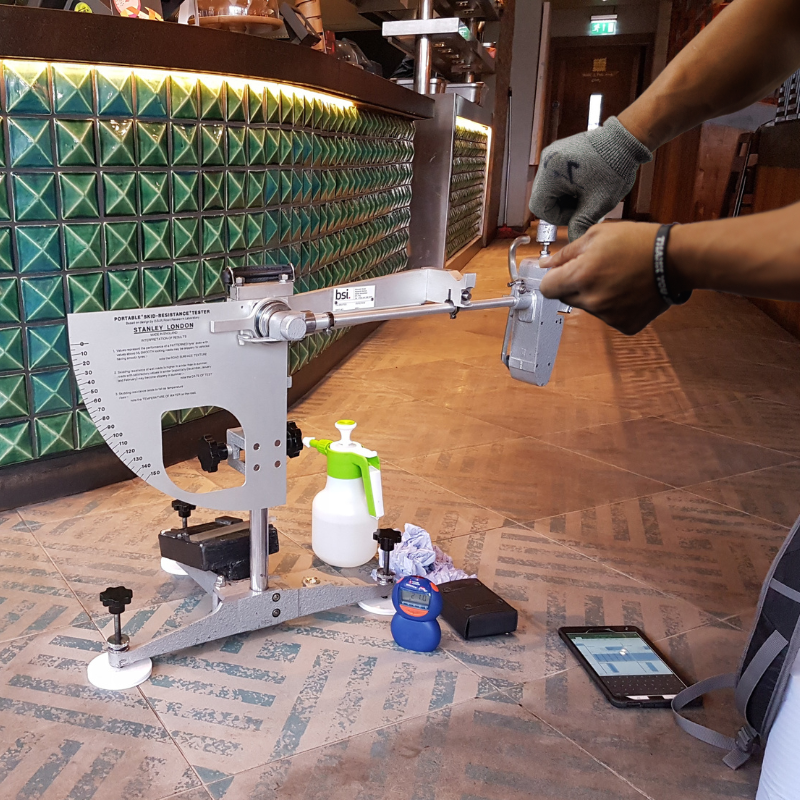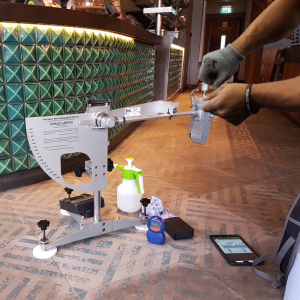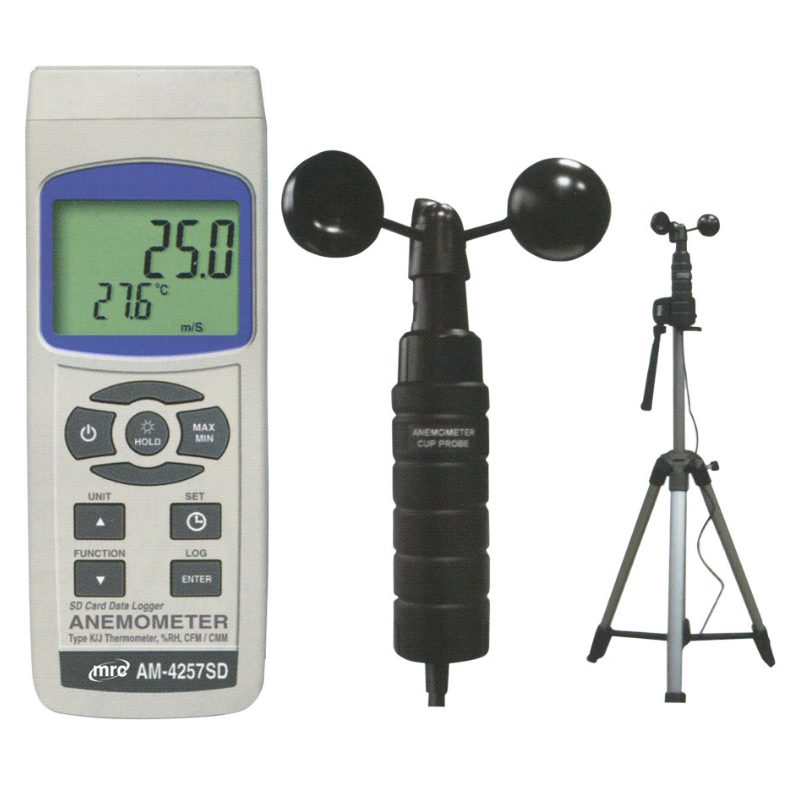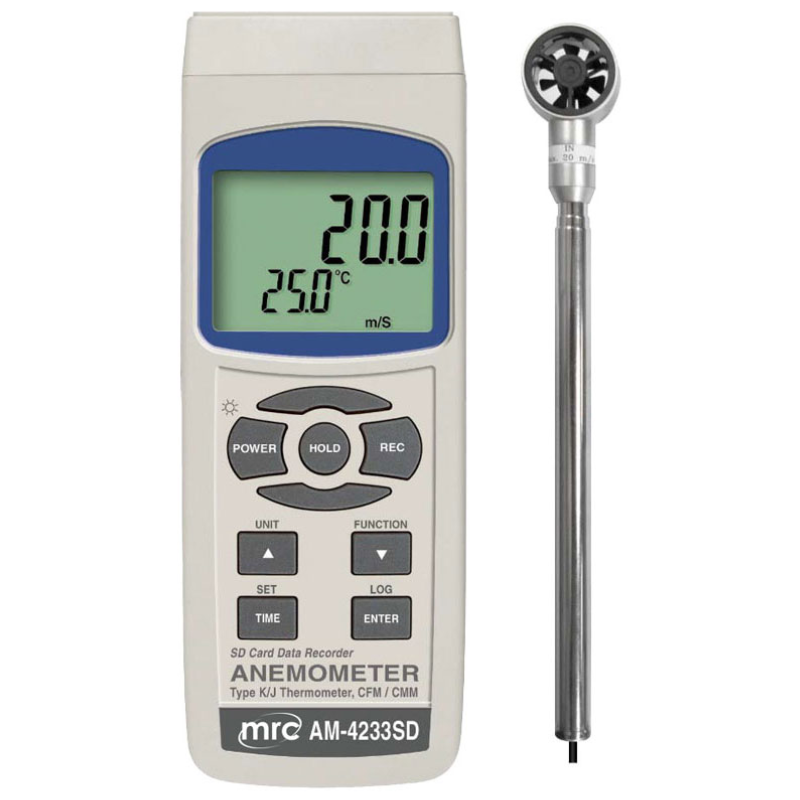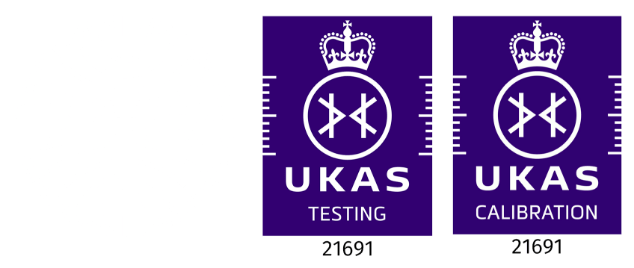Slip resistance testing is a safety measure that ensures your hotel floors are not just shiny but also safe for guests and staff. This process evaluates the grip of your floors to reduce accidents, maintain compliance, and improve guest satisfaction.
Slip Resistance in Hotels
Guest Safety and Liability
Imagine a guest slipping in your lobby—it’s not just a bad experience; it’s a legal and financial nightmare. Slip resistance testing helps prevent these incidents, saving you from lawsuits and costly settlements.
Creating a Welcoming Environment
Safety equals comfort. When guests feel safe, they’re more likely to enjoy their stay and leave glowing reviews.
Legal Compliance and Standards
Most countries have stringent safety standards for public spaces, including hotels. Non-compliance can lead to penalties, tarnished reputations, or even closures.
Common Areas in Hotels Requiring Testing
- Lobbies and Reception Areas: High-traffic zones prone to spills.
- Bathrooms and Showers: Wet surfaces with high slip risk.
- Poolside and Spa Zones: Constant exposure to water increases hazards.
- Kitchens and Dining Areas: Grease and moisture make these areas slippery.
- Outdoor Spaces: Weather changes can impact patios, walkways, and parking lots.
Factors Influencing Slip Resistance
- Surface Materials: Tiles, wood, and carpets have varying levels of grip.
- Cleaning Products: Some chemicals can make floors slippery.
- Environmental Factors: Wet or greasy conditions significantly impact slip resistance.
Case Study: Slips in Hotels – Causes, Prevention, and Case Outcomes
Case Context
A luxury hotel located in a metropolitan city faced multiple slip incidents in its lobby and kitchen areas over six months. This led to:
- Injuries to guests and staff: Including broken bones and sprains.
- Financial losses: Due to medical claims and settlements.
- Reputational impact: Negative reviews and press coverage.
Key Causes
- Wet and Slippery Floors:
- Guests entering the lobby with wet shoes during rainy weather caused slippery tiles.
- Kitchen staff reported frequent water and oil spills.
- Inadequate Signage:
- Wet floor signs were either absent or not placed in visible locations.
- Some high-risk areas were not flagged adequately after cleaning.
- Improper Flooring Material:
- Lobby tiles were smooth and aesthetically pleasing but lacked anti-slip properties.
- Back-of-house flooring did not meet safety standards for high-traffic work areas.
- Lack of Staff Training:
- Staff were unaware of proper cleaning protocols and spill management procedures.
Impact
- Legal and Financial Costs: The hotel paid approximately $150,000 in legal fees and settlements for three major incidents.
- Guest Complaints: TripAdvisor reviews highlighted safety concerns, leading to a 10% drop in bookings.
- Employee Morale: Injured staff reported dissatisfaction and lower productivity post-recovery.
Preventive Measures Taken
- Flooring Upgrades:
- Installed anti-slip tiles in the lobby and kitchen.
- Added anti-slip mats at entrances and in high-risk zones.
- Enhanced Cleaning Procedures:
- Implemented a robust cleaning schedule with immediate spill response protocols.
- Introduced quick-drying cleaning agents for wet floors.
- Improved Signage:
- Strategically placed wet floor signs in multiple languages for better visibility.
- Training Programs:
- Conducted mandatory safety training for housekeeping and kitchen staff.
- Empowered employees to report hazards immediately.
- Weather-Responsive Measures:
- Provided shoe-cover stations during rainy weather.
- Installed entrance mats to minimize water tracking.
Outcome
After implementing these measures:
- Slip incidents reduced by 85% over the next year.
- Customer satisfaction scores improved, as reflected in online reviews.
- The hotel won an industry award for prioritizing guest safety, boosting its reputation.
Lessons Learned
- Proactive Prevention Saves Costs: Investing in safety measures upfront is more economical than handling claims and legal disputes later.
- Guest and Staff Safety are Interlinked: Ensuring employee safety indirectly protects guests.
- Continuous Monitoring is Key: Regular audits and feedback ensure that safety standards are maintained.

